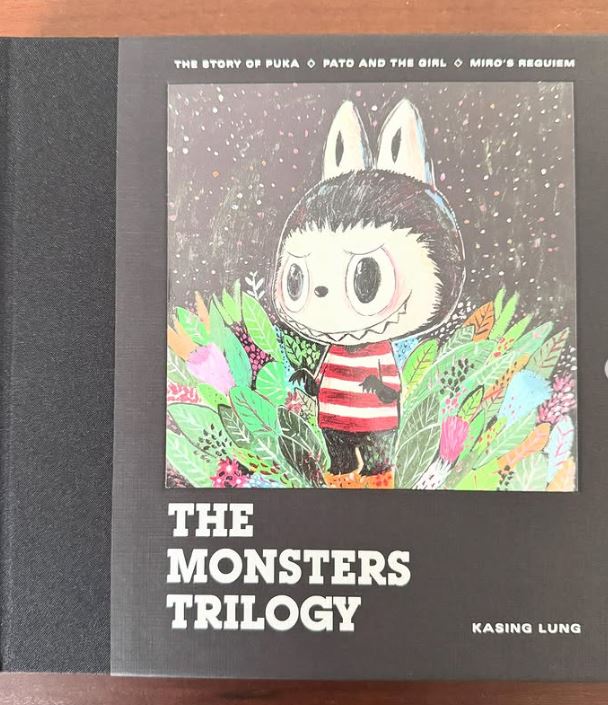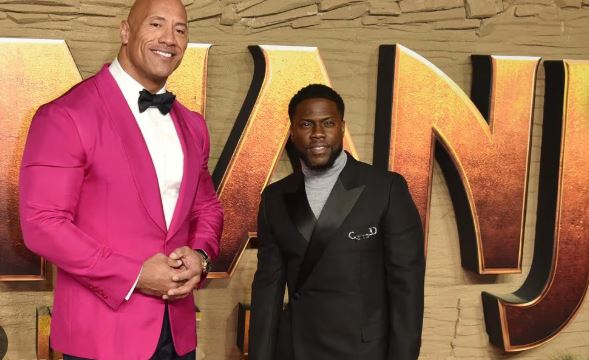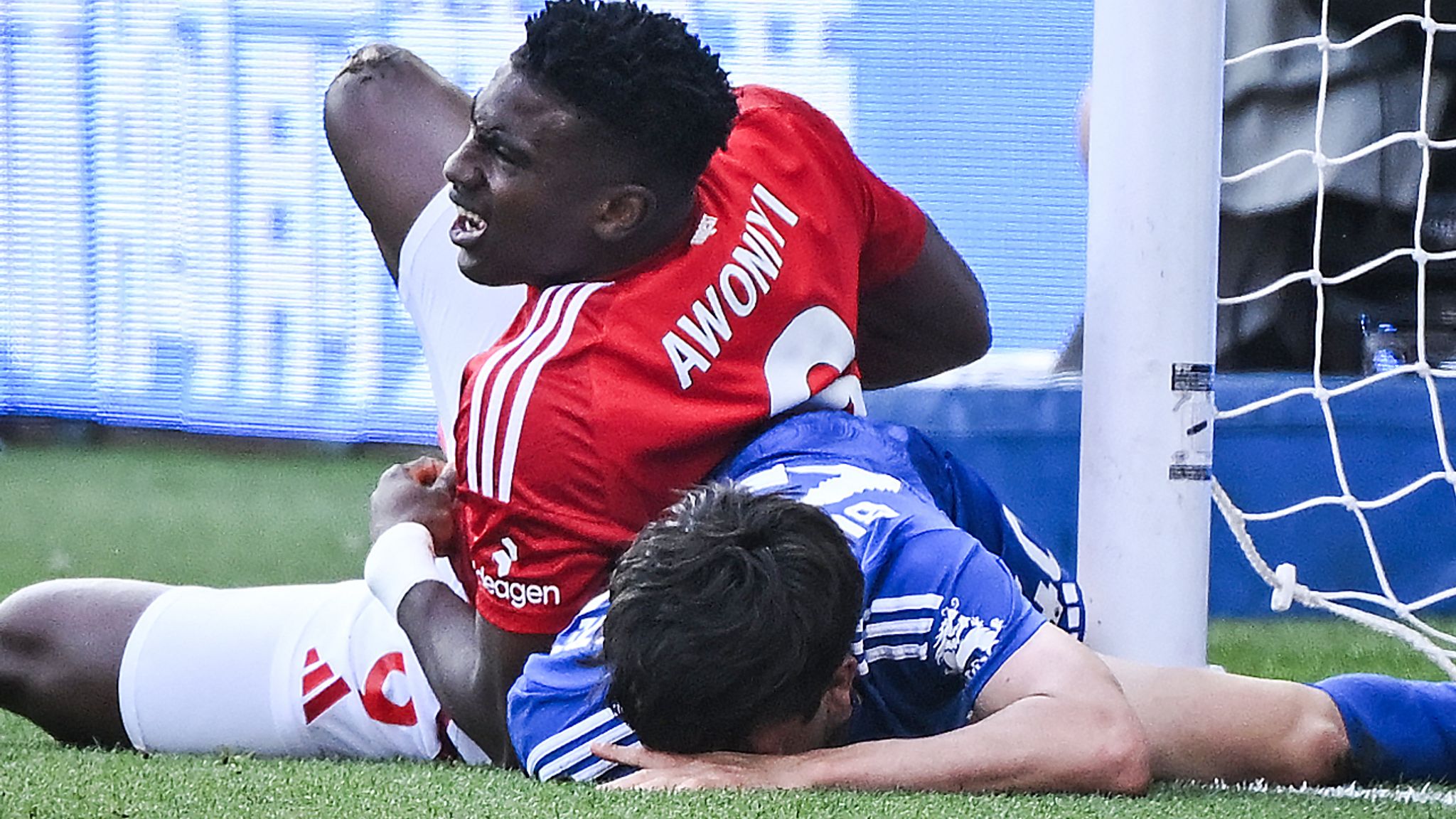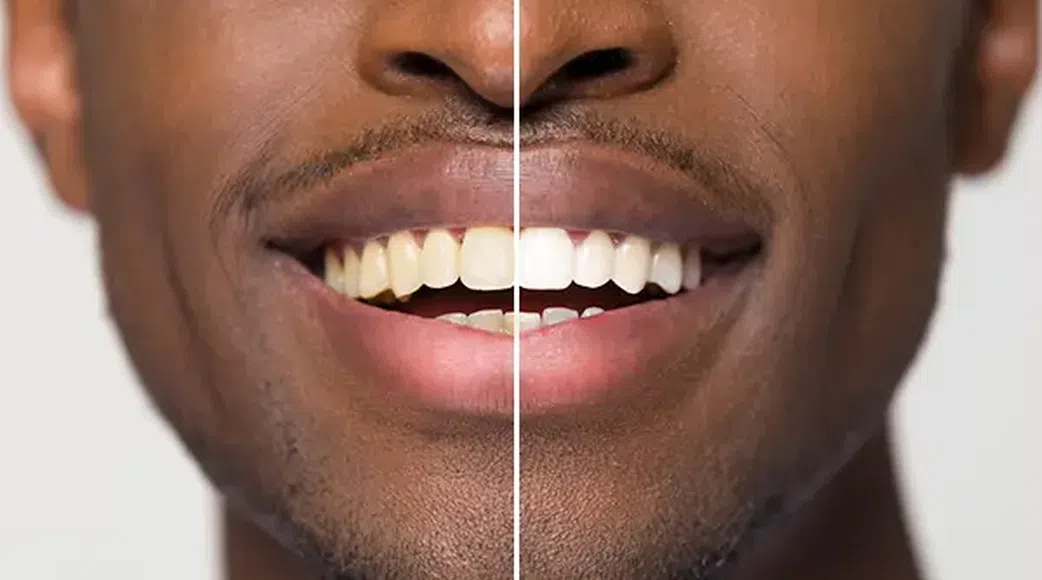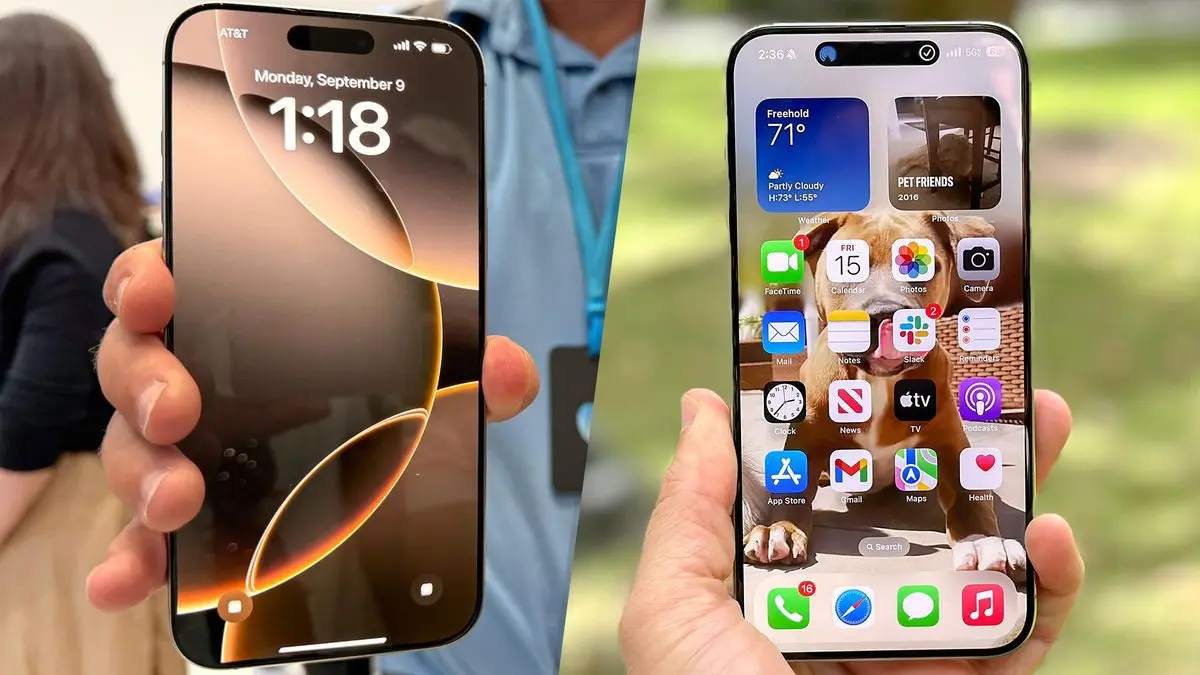You aren’t likely to get an investor or customer to sign a big check with your business if you can’t remember his or her name.
When you can remember someone’s name, it shows them that they are important to you and this can build rapport. That is why we are we are sharing these tricks to stop you from forgetting people’s names
Know your motivation.
If you aren’t clear with yourself that it is important for you to remember a new acquaintance’s name, you won’t, says Kwik. Motivation is the force that drives memory.
“Imagine that there is a suitcase of $100,000 cash — $100,000 cash for you or the charity of your choice if you just remember the name of the next person you meet? Are you going to remember that person’s name? Of course you are. You are going to be a memory expert. So it has nothing to do with your capacity or your capability or your potentia
Focus on the person you are talking to.
You don’t stand a chance to remember a new name if you are daydreaming about your weekend plans.“Focus your mind. Take the time to pay attention — if you’re distracted the information you want to recall later will never get into your brain’s memory storage file
Repeat the name of the person you just met.
One way to help you remember a person’s name is to find a way to repeat it right after you first learn it.
“There is no getting around the fact that in order to remember someone’s name, you must focus on it for at least one to two seconds. So, the first thing you should get into the habit of doing is to immediately repeat the name and shake the person’s hand. If you are introduced to someone named John, you will say something to the effect of, ‘Nice to meet you, John’ or, ‘Pleased to meet you, John,’ while shaking his hand,” . “This forces you to focus and pay attention to the name.
Don’t have another conversation in your head.
A lot of people don’t remember people’s names because they are not silent. They are having a question in their head, ‘How do I know this person? What’s this person’s name? What am I going to talk about?’ They are actually more interested in what they are going to respond with than they are in actually listening to the person. So first, be silent.
Staying present in the conversation means that you are observing what is going on around. “A lot of people blame their forgetfulness on their retention. It has nothing to do with their retention. It has to do with them paying attention.
Focus on a particular feature of a new person’s face.
Pick out a facial feature that may be easy to remember. Look at the person’s face and search for the most distinguishing feature, whether it is a small nose, large ears, unusual hairdo, or deep dimples. Often the first outstanding feature you notice is the easiest to recall later
Link the new name with something you already know.
Connecting a new name to a person or object that is already stored in your memory is another way to anchor a new name in your memory.
“Think of a connection between the person’s name and anything at all that you already know. I really do mean anything. The name John might make you think of John Lennon, the Gospel of John in the Bible, John F. Kennedy, or it could even simply be that you have a friend or family member that is also named John
Connect the new name or face with a visual image.
Often times, our ability to recall images is stronger than our ability to recall words or names. So if you have a name linked to an image, that can help trigger your memory. For example, if you meet a “Steve” think of a “stove” at the same time. If you meet a “Paul,” think of a “ball,” says White. “You remember pictures more than words. How many times have you said, ‘I remember the face but not the name?’ You remember what you see more than what you hear. Create an image for their name.”
Repeat a new name when you say goodbye.
Each time you repeat a new name, it helps. “Before you leave the party, meeting, wedding, or whatever other type of function you may be at, make sure to say goodbye to the people that you’ve met using their names,” says Santos. “A simple, ‘Goodbye, John,’ or, ‘Until next time, John
Which of these points speaks to you?



